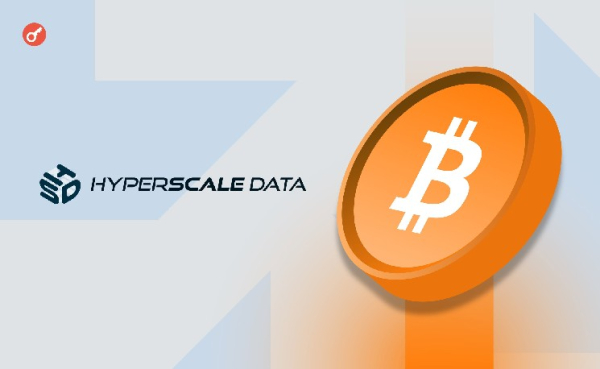Taproot developers didn't foresee its “trolling potential”

Bitcoin Core developer Jimmy Song said the Taproot update fell short of expectations because it failed to deliver the privacy and security features promised. He said the update failed to account for a “social attack surface” that allowed non-financial transactions like ordinals and BRC-20 to flood the network.
“They ignore the fact that Taproot had significant trolling value because it was the update that Bitcoiners were pinning their hopes on,” Song said in a video on his platform.
“The increase in social attack surface of this update was not even taken into account, let alone considered,” he added.
The developer, who called ordinals a “fiat scam” last year, said Taproot had failed to deliver on its privacy and security promises. He pointed to Schnorr signatures and Script Paths Spend features that were marketed as a more efficient alternative to multisig but were harder to use in practice.
“The negative user experience basically made the project impossible,” Song said.
Taproot was launched in November 2021 by a group of Bitcoin Core developers led by Jonas Nick, Tim Ruffing, and AJ Towns, based on a concept presented by Gregory Maxwell in 2018.
Song's comments come amid growing disagreement in the Bitcoin community over which transactions should be validated on the network. Figures such as Adam Back, Dennis Porter, and Luke Dashjr share Song's position, preferring that Bitcoin remain focused on the functions of money as originally envisioned by Satoshi Nakamoto.
On the other hand, Ordinals supporters like Leonidas support Taproot, using it to build Ordinals and Runes apps. They believe that Bitcoin should not censor any transactions.
In June, more than 30 Bitcoin Core developers agreed to remove the 80-byte limit on the OP_RETURN function, allowing more data to be stored on the blockchain. However, concerns about the potential failure of the upgrade led to a shift to Bitcoin Knots, which has grown from 67 nodes in March 2024 to more than 7,112.
Leonidas has previously stated that ordinal supporters may consider forking Bitcoin Core if the developers attempt to restrict non-financial transactions.
Despite the criticism, Song does not rule out potential future benefits of Taproot for Bitcoin:
“Taproot could certainly justify itself, maybe Ark will eventually decentralize mining, maybe BitVM will significantly increase demand for Bitcoin.”
According to Leonidas, the Ordinals and Runes protocols have generated over $500 million in transaction fees, contributing to the security of the Bitcoin network. However, the reliance on these fees remains volatile — daily Ordinals registration fees in 2025 ranged from $3,060 to $537,400, well below the record $9.99 million earned by miners on December 16, 2023.
Source: cryptonews.net



